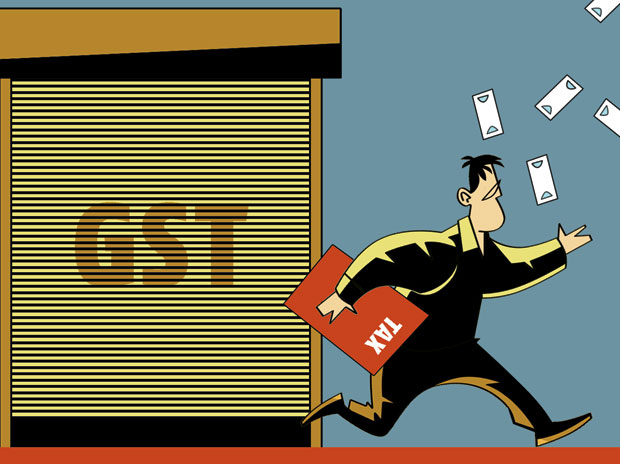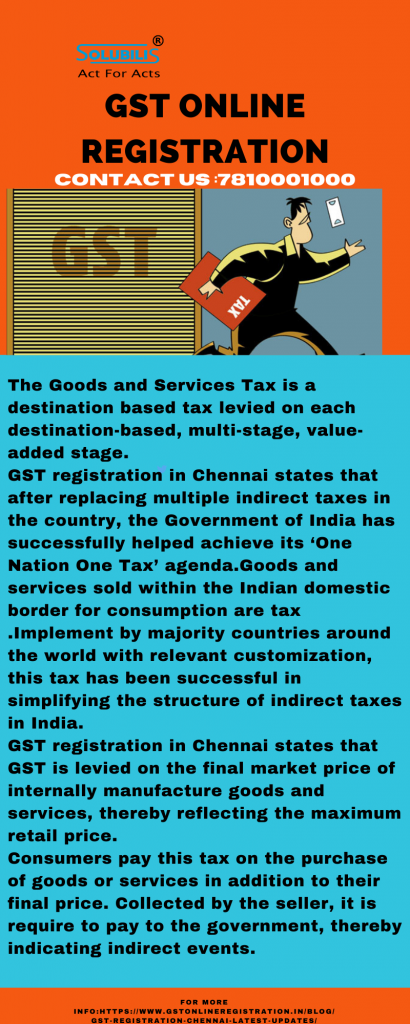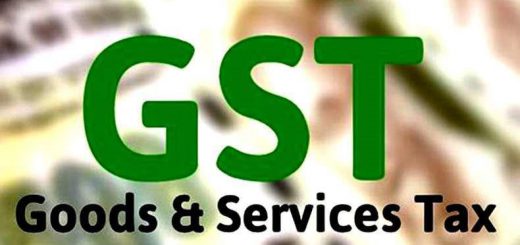What are the latest updates in GST registration?
GST registration in Chennai or Goods and Services Tax were first introduced in the budget speech submit on 28 February 2006. It laid the foundation for a complete overhaul of India’s indirect tax system. Finally enacted as the Goods and Services Tax Act on July 1, 2017, the indirect tax system has gone through a chain of amendments since its inception. With this tax reform, GST has replaced the multiple indirect taxes levied on various goods and services. The Central Board of Indirect Taxes and Customs (CBIC) is the regulatory body that regulates all changes and amendments to this tax.

Features of Gst registration
The Goods and Services Tax is a destination based tax levied on each destination-based, multi-stage, value-added stage. GST registration in Chennai states that after replacing multiple indirect taxes in the country, the Government of India has successfully helped achieve its ‘One Nation One Tax’ agenda.
Goods and services sold within the Indian domestic border for consumption are tax.Implement by majority countries around the world with relevant customization, this tax has been successful in simplifying the structure of indirect taxes in India.
GST registration in Chennai states that GST is levied on the final market price of internally manufacture goods and services, thereby reflecting the maximum retail price. Consumers pay this tax on the purchase of goods or services in addition to their final price. Collected by the seller, it is require to pay to the government, thereby indicating indirect events.
Dual structure of GST registration
Unlike the federal structure where the government collects and distributes taxes to the states, the dual tax structure allows both the center and the state to collect and collect taxes. GST registration in Chennai specifies that the goods and services tax in India has a similar dual structure, with two parts, the state and the central levy. This structure applies to all transactions involving goods and services.

Concepts of GST destination-based and value added
The comprehensive nature of the goods and services tax duty takes into account every step of the manufacturing process so that value addition to an item is tax. In addition, the change of destination also attracts GST. GST registration in Chennai specifies about the various stages of GST application are discuss below –
Meaning of multi-stage levy
GST registration in Chennai states that from production / manufacture to consumption, an item is shipped from one link of the supply chain to another until it is finally purchase for consumption. Indirect tax, therefore, is levied at each stage, ultimately borne by the consumer.
The different stages of a finalized good product and its relative sale in the market usually include the following.

Purchase of raw materials
GST registration in Bangalore states that Manufacture / production of raw materials as manufactured goods
Storage of finished goods at the warehouse
Sale of goods to the wholesaler
Sale of goods to retailers
Selling to end user / customer
The GST levied at each link of this chain makes it a multi-stage tax.
Meaning of Destination Based Levy
GST registration in Bangalore states that destination-based levy means that the tax is levied at the point of consumption of the item, not its source. This means that the place where an item is consume is properly tax.
Latest updates on Gst
GST registration in Bangalore states that the Center and the states are looking to further tighten the GST registration process and legal process to address the growing cases of fake invoices. Sources in the Finance Ministry said that the Judicial Committee of the GST Council met on Wednesday to discuss these matters.
Then, The committee, comprising senior central and state tax officers, will also discuss other legal measures, including the GST fake invoice scams, further tightening the GST registration process and necessary legal amendment in the GST Act to curb counterfeit invoice threats. They added.
The Goods and Services Tax (GST) Act may tighten the rules on deemed registration to prevent counterfeit dealers from abusing such terms. The Goods and Services Tax (GST) Act may tighten the rules on deemed registration to prevent counterfeit dealers from abusing such provisions, and the provisions relating to registration suspension may also streamline the process of suspension and cancellation.

Similarly,Registration is more efficient and faster, thereby preventing such fraudulent operators from pursuing fake credit under the chain. GST registration in Bangalore states that among the proposals are a comprehensive review of the Goods and Services Tax (GST) registration process and the suspension of registration of businesses identify as hazardous by a group of officials affiliate to the GST Council.
Gst regulations
The Finance Ministry said the proposals of the GST Council’s Judicial Committee were aim at tightening compliance measures and target limits on companies identify as dangerous, without affecting the ease of doing business in general, with central and state officials advising its cabinet members.
Also,There are biometric identification such as Aadhar for new registrations, measures to identify businesses that cause revenue loss to the exchequer, use of income tax returns to verify the credentials of entrepreneurs seeking GST registration, and restrictions. Failure to file GST returns within six months will cost a business its registration. Currently, of the 12 million register companies, 600,000 are dormant GST-register companies.
GST registration in Bangalore states that companies seeking GST registration are profile based on their credentials and classified as trustworthy and others. Trust income entrepreneurs have a trust income tax payment history and their identity is authenticate by Aadhar and has no history of having their GST registration revoke. These entrepreneurs get GST registration during the week. Also,others will be give registration within two months of the business premises being physically certify, the ministry official said. Those who are not trustworthy may be ask to pay a portion of their tax liability in cash. The central GST dated 21/9/2020 said that Attempts will be made to give a one-time extension for a period of time up to 31.10.2020 under Section 31 (7) of the CGST Act 2017.
Hence I hope this blog has given immense information about the GST latest updates.




